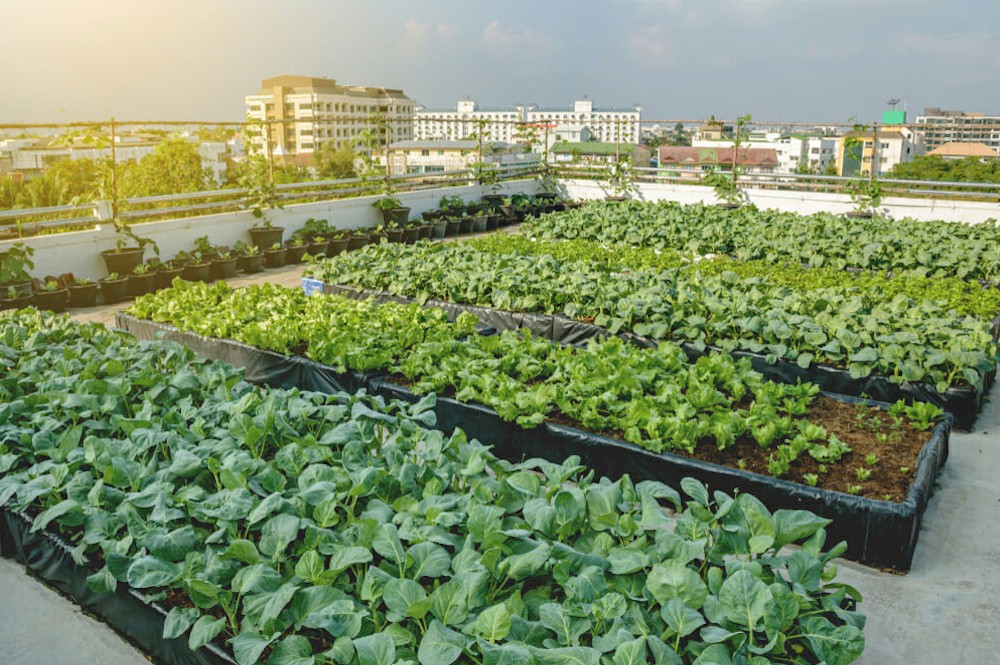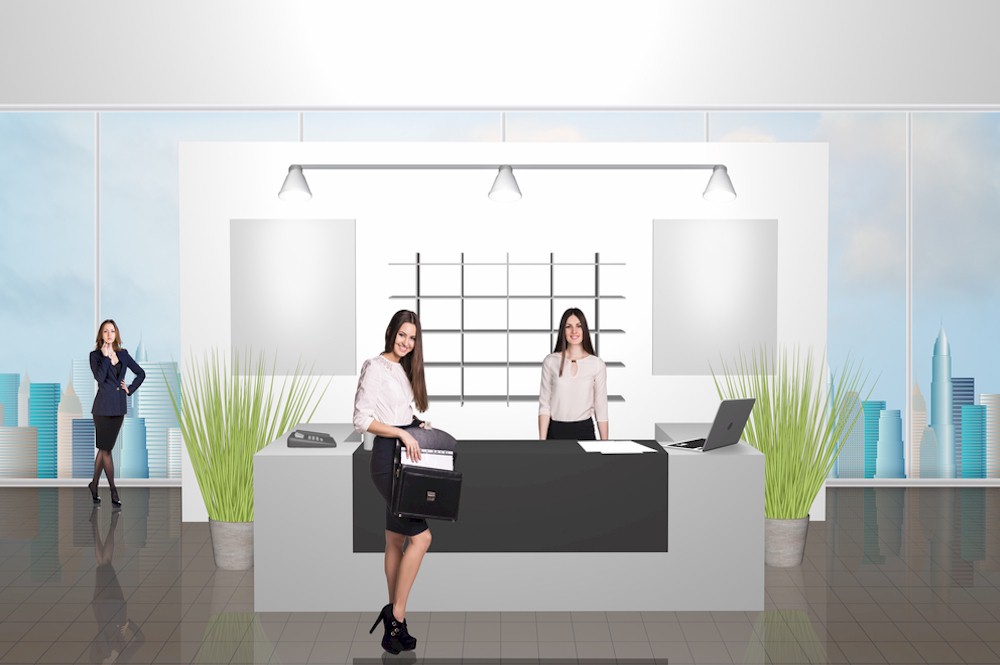
Being eco-friendly is no longer a fad. It is an urgent planetary need and hotels are actively doing their part to reduce their carbon footprint by implementing sustainable, green practices. In addition to the goodwill derived from doing the right thing, hotels are also realizing the benefits to their business. A large percentage of Millennials expect hotels to be eco-friendly and will only patronize those properties that are proudly conforming. Consequently, more hotels are realizing that sustainability is a key element in a successful branding strategy. In addition, going green can lead to a more profitable bottom line, as savings on electricity, water and cleaning materials can add up. Also, there are other advantages that come with being an eco-friendly business, such as government subsidies and tax and loan incentives. As a result, many hotels are finding innovative ways to integrate eco-friendly practices into their business. Geo-thermal energy systems, along with energy-from-waste systems, are being used to heat and cool the property. Passive solar panels, green roofs, natural lighting and natural ventilation strategies also assist in energy conservation. Low-flow water systems and plumbing fixtures make a contribution, as does eco-friendly hardwood flooring, and energy efficient televisions and appliances throughout the property. In addition, some hotels have implemented in-room recycling programs, and only provide all-natural, personal care items. One hotel has actually constructed a bee-keeping operation on their grounds. Not only is this good for the bees but the hotel also produces products from the operation which they sell. This kind of creative innovation also holds enormous appeal to guests. The May issue of the Hotel Business Review will document what some hotels are doing to integrate sustainable practices into their operations and how they are benefiting from them.










































